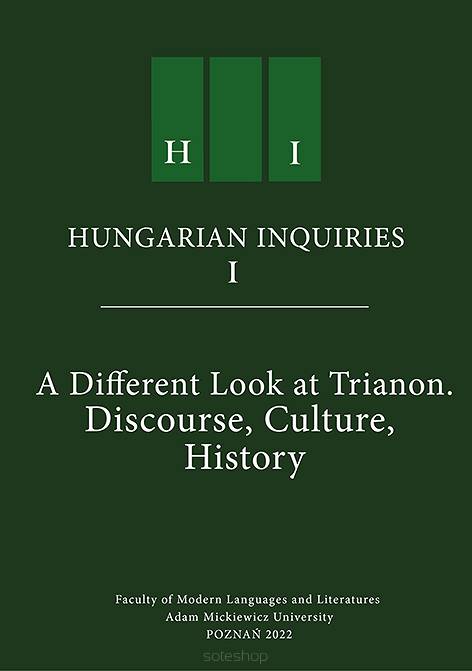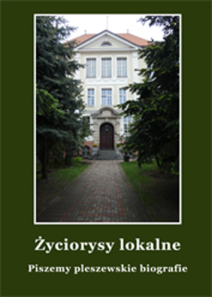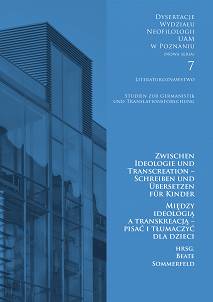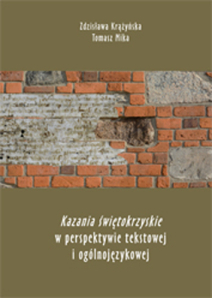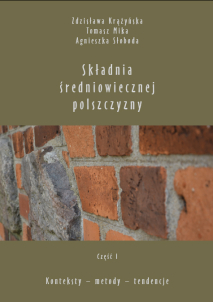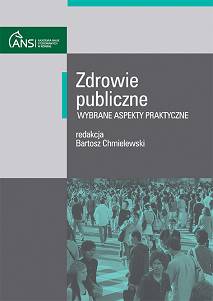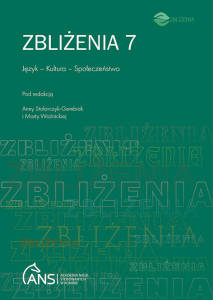A different Look at Trianon. Discourse, Culture, History = Inne Trianon. Dyskurs, kultura, historia, ed. / red. Karolina Kaczmarek, Paweł Kornatowski, Marcin Lewandowski, Kinga Piotrowiak-Junkiert
- Autor: Kaczmarek Karolina, Kornatowski Paweł, Lewandowski Marcin, Piotrowiak-Junkiert Kinga (ed. / red.)
-
Dostępność:
 Nakład wyczerpany
(0 egz.)
Nakład wyczerpany
(0 egz.)
- egz.
- Cena netto: 0,00 zł 0,00 zł
Wydanie I,
Poznań 2022
Format 21x14,5 cm
ISBN 978-83-67287-08-1
DOI 10.48226/978-83-67287-08-1
ss. 130
język: angielski, węgierski, polski, serbski
Hungarian Inquiries, z. 1
W 2020 r. minęło 100 lat od dnia podpisania pokoju w Trianon, który dla Królestwa Węgier oznaczał fatalny koniec I wojny światowej. Podpisany ze zwycięskimi mocarstwami traktat stanowił jedną z najważniejszych cezur w dziejach Węgier i narodu węgierskiego, determinującą nie tylko jego późniejsze dzieje, ale również mentalność i kulturę. Z uwagi na fakt, że z dnia na dzień Węgry straciły trzy czwarte powierzchni kraju, słowo Trianon szybko stało się znakiem kluczowej zmiany w dziejach całej Europy Środkowej, zwłaszcza dla Słowaków, Rumunów, Ukraińców, Chorwatów, Serbów, Austriaków, a także Polaków, bo wraz z zatwierdzeniem traktatu kończyło się tysiącletnie sąsiedztwo z Węgrami. Zmiany w zakresie języka, tożsamości narodowej, literatury czy prawa przeniknęły do niemal każdej dziedziny życia, trwale kształtując strategie myślenia i mówienia o Trianon.
Z okazji setnej rocznicy podpisania traktatu Wydział Neofilologii i Wydział Historii UAM zorganizował międzynarodową konferencję Inne Trianon. Narracje, pamięć, konteksty. Celem naukowej debaty była przede wszystkim refleksja nad stosunkiem Węgrów oraz innych narodów zamieszkujących to państwo przed 1920 r. do treści traktatu i wynikających z nich konsekwencji. Międzynarodowe grono badaczy zaprezentowało kilkanaście artykułów, które pozwoliły zobaczyć Trianon z zupełnie nieznanych punktów widzenia. Zainicjowana debata skupiała się nie tylko na kwestiach politycznych i historii krajów bezpośrednio związanych z tym doświadczeniem, ale także stawiała pytania dotąd pomijane.
Niniejszy tom prezentuje wybór tekstów, które pokazują nam, z czym musimy się mierzyć, mówiąc o traktacie trianońskim, jakie kwestie wciąż pozostają niewyjaśnione, a przede wszystkim: czego dzisiaj uczy nas doświadczenie zmieniających się granic.
(Od Redakcji)
The year 2020 marks the centenary of the Treaty of Trianon, which for the Kingdom of Hungary put a disastrous end to World War I. The treaty signed with the victorious powers is one of the most important turning points in the history of Hungary and the Hungarian people, determining not only their later history, but also their mentality and culture. Since Hungary suddenly lost three quarters of its area, the word Trianon meant a breakthrough in the history of the whole of Central Europe, and was a seminal event for Slovaks, Romanians, Ukrainians, Croats, Serbs, Austrians and Poles, for the latter marking the end of a thousand-year-long neighbourhood with Hungary. Changes in the fields of language, national identity, literature and law have permeated almost every area of life, permanently shaping the strategies of thinking and talking about Trianon.
Celebrating the 100th anniversary of the signing of the Trianon treaty, the Faculty of Modern Languages and Literatures and the Faculty of Historical Studies of Adam Mickiewicz University in Poznan, Poland organized an international conference entitled A different look at Trianon. Narrations, memories, contexts. The aim of the academic debate was to reflect upon the attitude of Hungarians and other nations inhabiting Hungary before 1920 to the content of the treaty and its implications. Several researchers from various countries presented their papers, which provided completely new insights into Trianon. The initiated debate focused not only on political issues and the history of the countries affected by this experience but also addressed questions that had not been asked before.
The present volume features a selection of those papers, which show us what we have to deal with when talking about the Treaty of Trianon, what questions still remain unresolved, and – last but not least – what lessons we learn from the experience of changing borders.
(From the Editors)
Publikacja dostępna online w formacie pdf w poniższej zakładce
Załączniki
| Zobacz | Opis | Pobierz |
|---|---|---|
 a-different-look-at-trianon-hungarian-inquiries-01-ksiazka-online.pdf (1.1 MB) a-different-look-at-trianon-hungarian-inquiries-01-ksiazka-online.pdf (1.1 MB) |
||
 spis-tresci.pdf (229.7 KB) spis-tresci.pdf (229.7 KB) |
